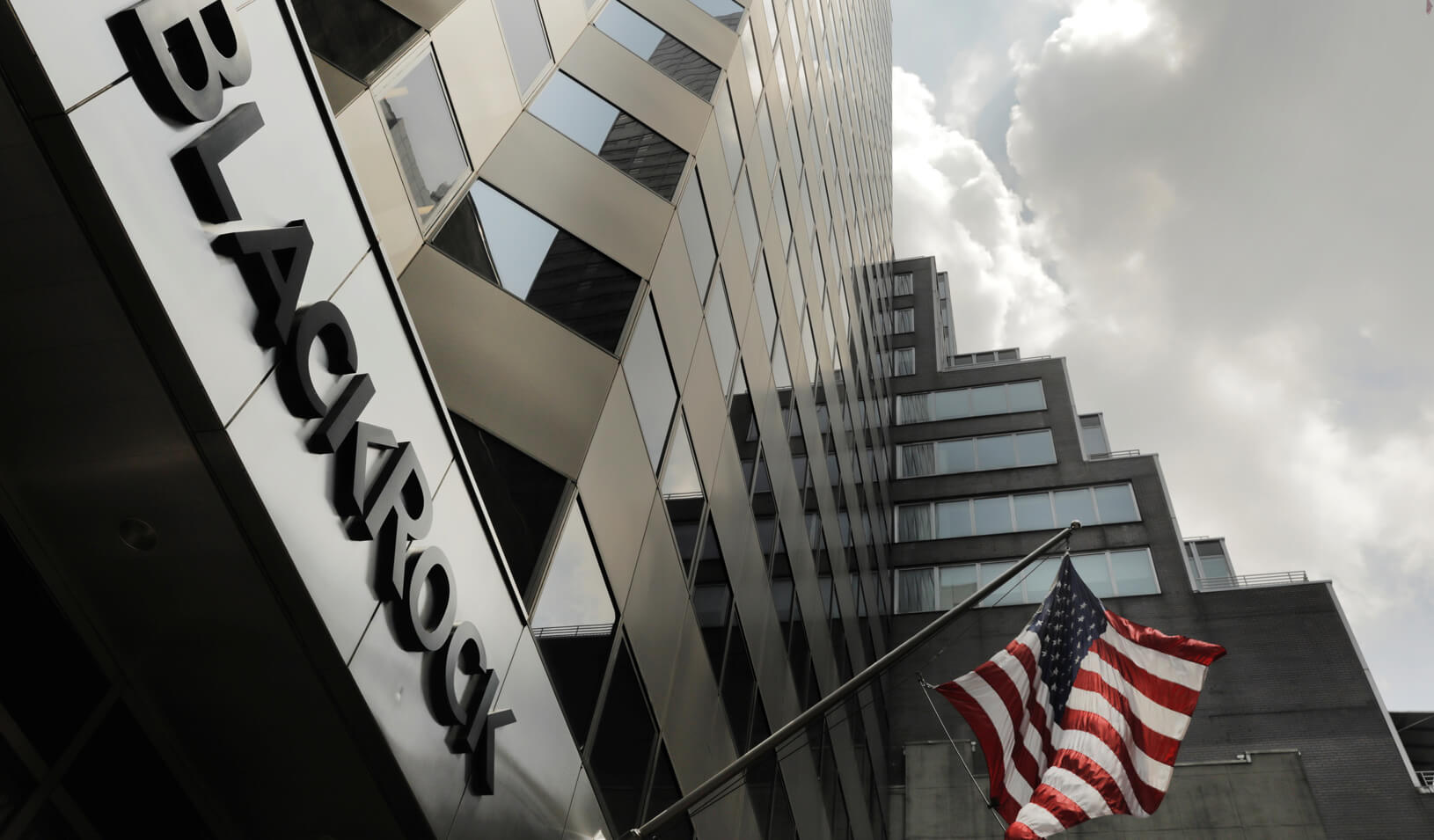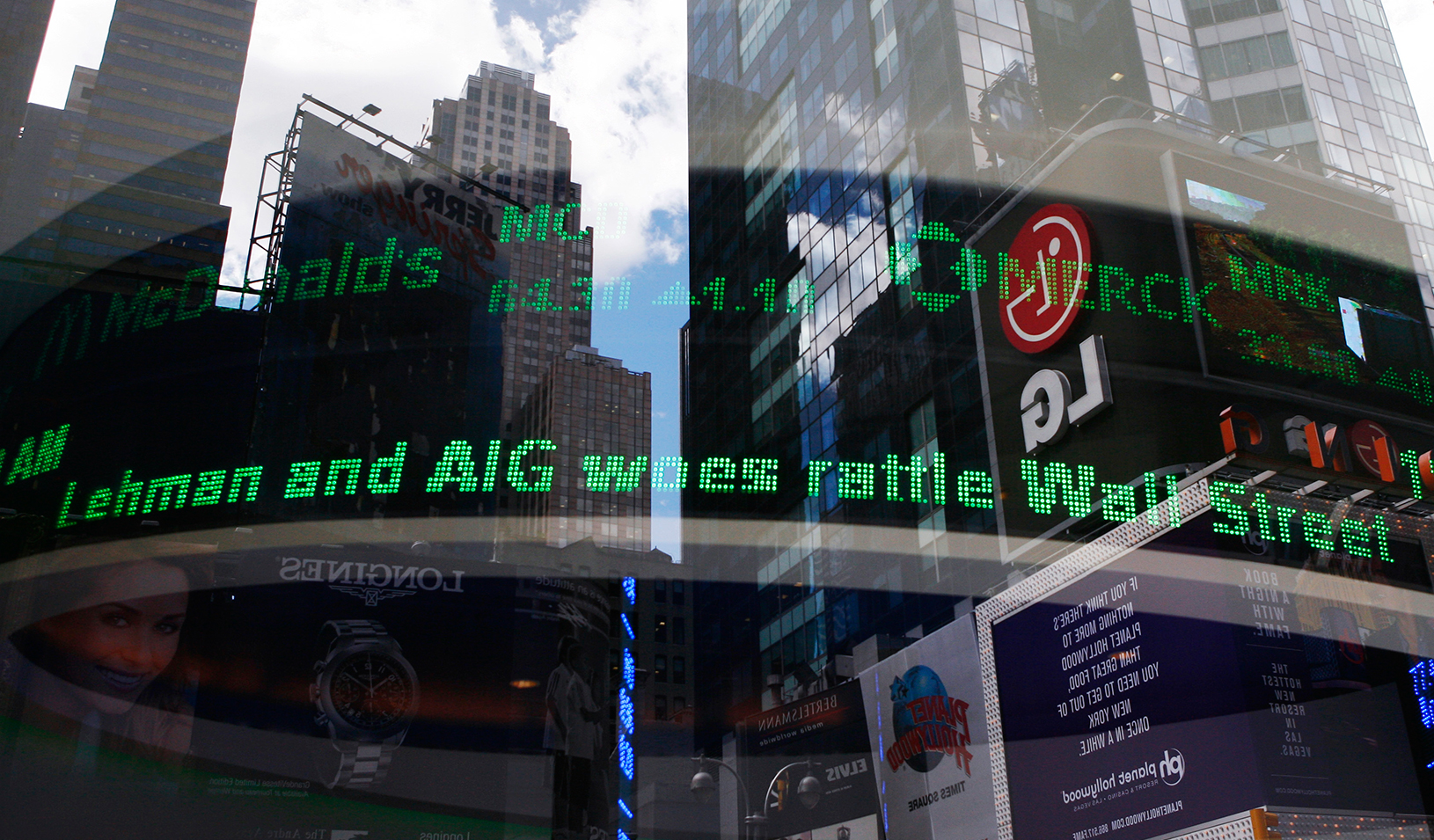
Companies that focus solely on extracting shareholder value are hurting the larger economy, says the author of Capitalists Arise. | Reuters/Brendan McDermid
On August 2, 2017, the Dow Jones Industrial Average hit a record-breaking 22,000 — its fourth 1,000-point advance in less than a year. That same day, I read the first sentence in Peter Georgescu new book, Capitalists Arise! End Economic Inequality, Grow the Middle Class, Heal the Nation (Berrett-Koehler, 2017): “For the past four decades, capitalism has been slowly committing suicide.”
How does Georgescu, the chairman emeritus of Young & Rubicam (Y&R) and a 1963 graduate of Stanford Graduate School of Business, reconcile the Dow’s ascent with his gloomy assertion?
“The stock market has nothing to do with the economy per se,” he says. “It has everything to do with only one thing: how much profit companies can squeeze out of the current crop of flowers in the garden. Pardon the metaphor. But that’s what corporations do — they squeeze out profits.”
In the latter half of the 1990s, Georgescu shepherded Y&R through a global expansion and an IPO. He has served on the boards of eight public companies, including Levi Strauss, Toys “R” Us, and International Flavors & Fragrances. He also is the author of two previous books, The Constant Choice: An Everyday Journey from Evil Toward Good (Greenleaf, 2013) and The Source of Success (Jossey-Bass, 2005). An Advertising Hall of Fame inductee, the 78-year-old adman is still pitching corporate leaders. Now, however, he is trying to convince them to fundamentally rethink how — and for whom — they run their companies.
The Fault Lines in Capitalism
Capitalism is an endangered economic system, Georgescu says. He sees a dearth of demand across the global economy, even as American corporations record their highest profits ever. “How does this magic happen?” he asks rhetorically. “You engineer it. You buy back your stock at 4% and change. Your earnings per share go up and the market says, ‘We like that.’”
What does he mean? He cites the seminal research by economist William Lazonick, who studied S&P 500 companies from 2003 to 2012 and discovered that they routinely spend 54% of their earnings buying back their own stock (reducing the number of outstanding shares and driving up share prices) and 37% of their earnings on dividends — both of which benefit shareholders. That leaves just 9% of earnings for investment in their business and their people.
This financial legerdemain obscures two fundamental fault lines in capitalism, and particularly in the U.S. economy, according to Georgescu. The first is a lack of investment by companies in their own futures. “Our companies are not competitive because they don’t invest in themselves,” he says. “Total R&D investment is down. Total basic research, which is the precursor of innovation, is down dramatically. Investment in infrastructure has fallen to critical levels.”
The second fault line is the lack of investment by companies in their employees. “Innovation is the only real driver of success in the 21st century, and who does the innovation? Our employees. How are we motivating them? We treat them like dirt. If I need you, I need you. If I don’t, you’re out of here. And I keep your wages flat for 40 years,” says Georgescu, who points out that growth in real wages has been stagnant since the mid-1970s.
The Engines of Capitalism Are Sputtering
The lack of investment by U.S. corporations in their businesses and people is not only causing the engine that powers innovation gain to sputter, but also slowing the engine of demand that produces topline growth. Why? Median household income in the U.S. is less than 1% higher today than in 1989, according to the Census Bureau. “There’s no middle class, and the upper middle class has very little money left to spend, so they can’t drive the economy. The only people driving the GDP are the top 20% of us,” Georgescu says.
In Capitalists Arise!, Georgescu shows how these issues are impacting the American public. Nearly 60% of American households are technically insolvent and adding to their debt loads each year. In addition, income inequality in the U.S. is reaching new peaks: The top layer of earners now claim a larger portion of the nation’s income than ever before — more even than the peak in 1927, just two years before the onset of the Great Depression.
Georgescu lays the blame for all of these conditions on the ascendency of the doctrine of shareholder primacy. “Today’s mantra is ‘maximize short-term shareholder value.’ Period,” he says. “The rules of the game have become cancerous. They’re killing us. They’re killing the corporation. They’re helping to kill the country.”
Back to Responsible Capitalism
Georgescu is convinced he knows how to beat this cancer, and he’s pitching it to corporate leaders across the country. “The cure can be found in the post–World War II economic expansion. From 1945 until the 1970s, the U.S economy was booming and America’s middle class was the largest market in the world,” he says.
“In those days, American capitalism said, ‘We’ll take care of five stakeholders,’” he continues. “Then and now, the most important stakeholder is the customer. The second most important is the employee. If you don’t have happy employees, you’re not going to have happy customers. The third critical stakeholder is the company itself — it needs to be fed. Fourth come the communities in which you do business. Corporations were envisioned as good citizens — that’s why they got an enormous number of legal protections and tax breaks in the first place.”
In Georgescu’s schema, shareholders are the last of the five stakeholders, not the first. “If you serve all the other stakeholders well, the shareholders do fine,” he says. “If you take good care of your customers, pay your people well, invest in your own business, and you’re a good citizen, the shareholder does better. We need to get back to that today. Every company has got to do that.”
For media inquiries, visit the Newsroom.






